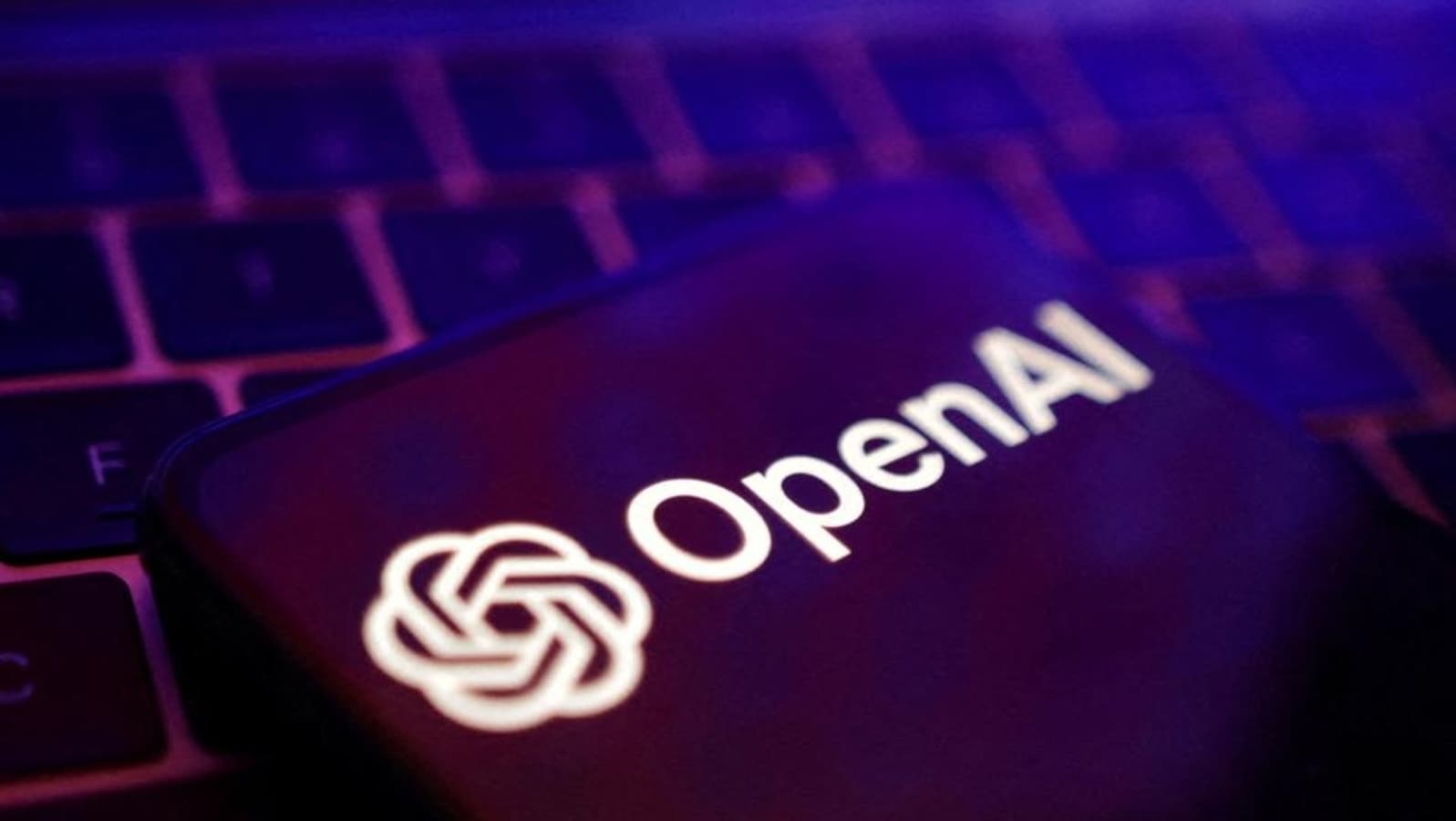When you think of artificial intelligence models, you likely envision tools that make work more convenient, enhance smartphone functionality, and generate text or images in mere seconds. However, in the race toward achieving AGI (artificial general intelligence) and improving reasoning capabilities, companies like OpenAI have shifted their focus to advancing their models’ cognitive skills. OpenAI, the creator of ChatGPT, has now unveiled a new model called o1, internally named ‘Strawberry.’ Alongside it, they have introduced another model, o1 mini—designed specifically for coding-related tasks and priced 80% lower than o1. But what sets this new model apart from others, like OpenAI’s GPT-4o and GPT-4, and why is it named ‘Strawberry’? Read on to know more.
Also Read: iPhone 16 Pro, 16 Pro Max buyers in India beware! Fake seal for boxes surface online
Why is OpenAI o1 internally called ‘Strawberry’?
If you open ChatGPT using GPT-4o and ask it how many times ‘r’ appears in ‘Strawberry,’ it may give you an incorrect answer and say twice, which is obviously wrong because the correct answer is three. It is this ironic problem that reminds us AI may not be as smart as we think after all—there is little thought that goes into answering your prompts. This may be exactly what prompted OpenAI to use the ‘Strawberry’ name internally—a project to develop an AI model that spends more time thinking, despite requiring more computing power, time, and financial resources. In fact, Sam Altman, OpenAI’s CEO, posted a cheeky Easter egg ahead of the official reveal earlier this month when he shared an image of a strawberry plant on X (formerly Twitter).
Also Read: iPhone 16 launch: 4 things most people overlooked but are massive improvements
OpenAI o1 model aka ‘Strawberry’: What’s New?
So far, with models like GPT-4 and GPT-4o, OpenAI’s focus has been on solving problems quickly and providing rapid responses to various prompts. However, with o1, OpenAI claims to have created a model that spends more time thinking before responding. Why? It needs to reason through complex problems and even come up with solutions in various domains, such as science, mathematics, and coding. For instance, it could handle tasks like annotating cell sequencing data or creating complex mathematical formulas needed for quantum optics, and more.
This model, OpenAI claims, is similar to how a person thinks. Through training, it will refine its mistakes, develop its reasoning abilities, and most importantly, recognise the errors it made. “In our tests, the next model update performs similarly to PhD students on challenging benchmark tasks in physics, chemistry, and biology. We also found that it excels in maths and coding,” OpenAI said.
That being said, the model is still in its early stages, which is why OpenAI chose not to give it access to the web for information or to upload images and videos. OpenAI says that, for most tasks, models like GPT-4o will still be more capable, but if you want a model that puts more thought behind every major query, o1 (‘Strawberry’) is the way to go.
Also Read: iOS 18 to bring Truecaller’s Live Caller ID feature to iPhones- All details







